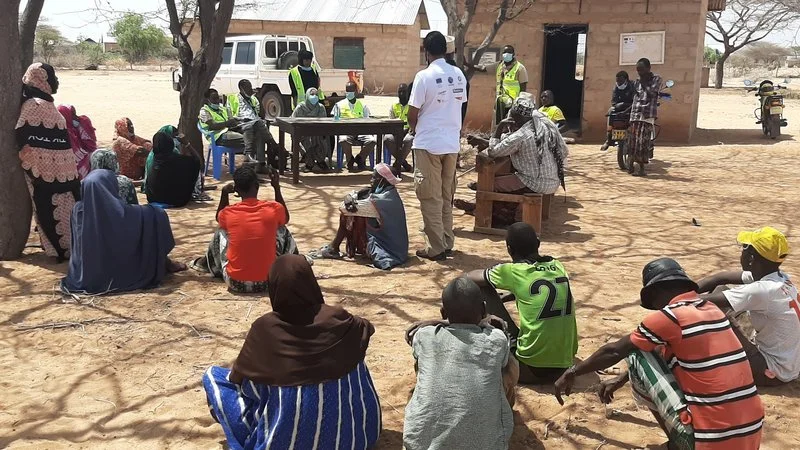We commit to achieving a world in which humanity lives in harmony with nature, to conserving and sustainably using our planet’s marine and terrestrial resources, including through sustainable lifestyles, and sustainable consumption and production, to reversing the trends of environmental degradation, to promoting resilience, to reducing disaster risk, and to halting ecosystem degradation and biodiversity loss. We will conserve and sustainably use oceans and seas, freshwater resources, as well as forests, mountains and dry lands and protect biodiversity, ecosystems and wildlife.
IDEAS TO ADVANCE LOCALIZATION
This article captures the full range of notes and ideas to address localization challenges, generated by workshop participants during brainstorming and small group discussions. The views and conclusions contained in this article are primarily those of non-USAID participants and should not be interpreted as representing the views, positions, or official policies, either expressed or implied, of the U.S. Government.
CHALLENGES TO LOCALIZATION
This article captures the full range of notes and ideas about the challenges to localization, generated by workshop participants during brainstorming and small group discussions. The views and conclusions contained in this article are primarily those of non-USAID participants and should not be interpreted as representing the views, positions, or official policies, either expressed or implied, of the U.S.Government.
Position Paper From The Kenya Civil Society Organizations (CSOs) | Domestic Resource For Sustainable Health Financing
Civil Society Organizations (CSOs) have been instrumental in advocating for increased financing towards health in Kenya, playing a crucial role in shaping policies, monitoring their implementation, and providing evidence-based recommendations for improving health outcomes. CSOs have championed allocating, prioritising, and utilising resources for essential health programs, ranging from community health to primary healthcare, maternal and child health, TB, HIV/AIDS, and malaria. Through their efforts, CSOs have facilitated public participation, conducted research, monitored and evaluated health programs, and promoted social accountability, resulting in more effective utilisation of health resources.





